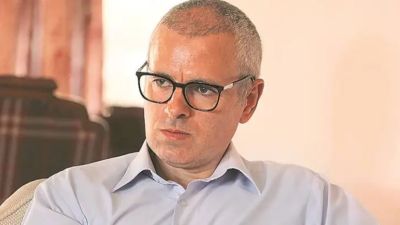Mumbai officers offer to cut their salary, slash wage bill
If Maharashtra’s finance managers are looking for a solution to reduce the bulging wage bill of the government, they should take a cue ...

If Maharashtra’s finance managers are looking for a solution to reduce the bulging wage bill of the government, they should take a cue from officers of the Higher and Technical Education Department.
Believe it or not, seven of them have given in writing to their Minister, Dilip Valse-Patil, that they are ready to take a 20 per cent cut in their monthly salaries to help the State exchequer weather the severe financial crisis.
From deputy secretaries to directors in the Higher and Technical Education Department, as many as seven officers have submitted letters saying they are ready for the cut. ‘‘We feel that we should share the burden of the state government since it is passing through the worst financial crisis,’’ an officer said in the letter.
Another says that his wife is also a government servant and hence he can afford a cut.
‘‘I need not force them. I discussed the state’s financial situation with them and asked them whether they were ready for a cut. If yes, they should give it in writing,’’ Valse-Patil said. Within a week, he has received seven letters and is expecting some more.
Interestingly, the officers have suggested different ways to effect the salary cut. Some of them want the government to put the 20 per cent salary cut in their provident fund accounts while a couple of them want the money to be paid after some time when the state’s financial position improves.
‘‘It was an experiment to gauge the mood of the staff and it succeeded. Of course, a couple of officers refused outright. They said they could hardly cover their expenditure with their salaries,’’ the minister said.
The experiment has given new hope of downsizing the wage bill. About 75 per cent of the state’s revenue is spent on non-plan expenditure and a major chunk is spent on staff salaries. If the government applies a 20 per cent cut, the expenditure can come down by at least Rs 2,000 crore a year, Valse-Patil said.
A scheme, similar to the compulsory deposit scheme, introduced by late prime minister Indira Gandhi, can be adopted in the state. ‘‘Our experiment has given an indication that if they are taken into confidence, the staff can cooperate with the government,’’ the minister said.






- 01
- 02
- 03
- 04
- 05

























